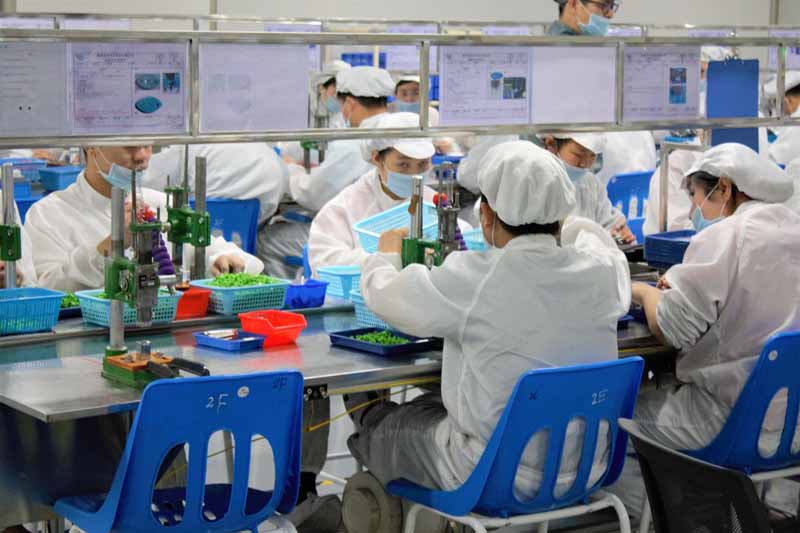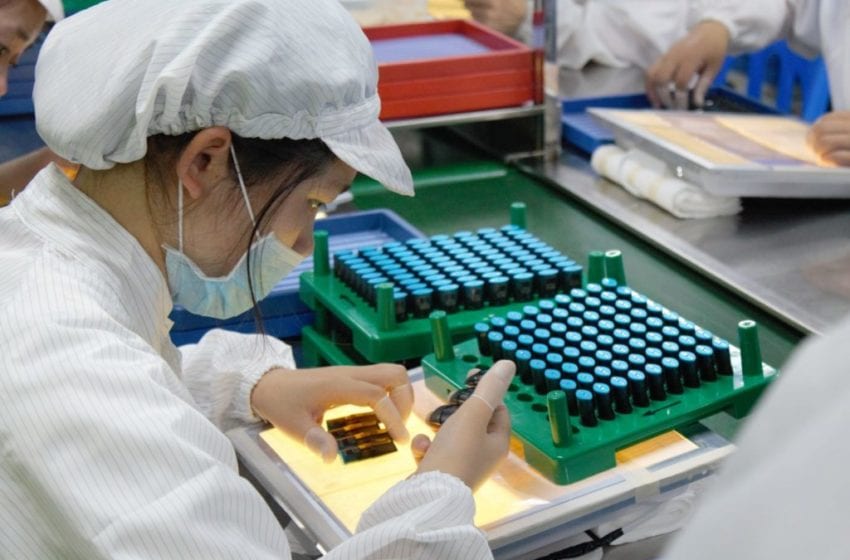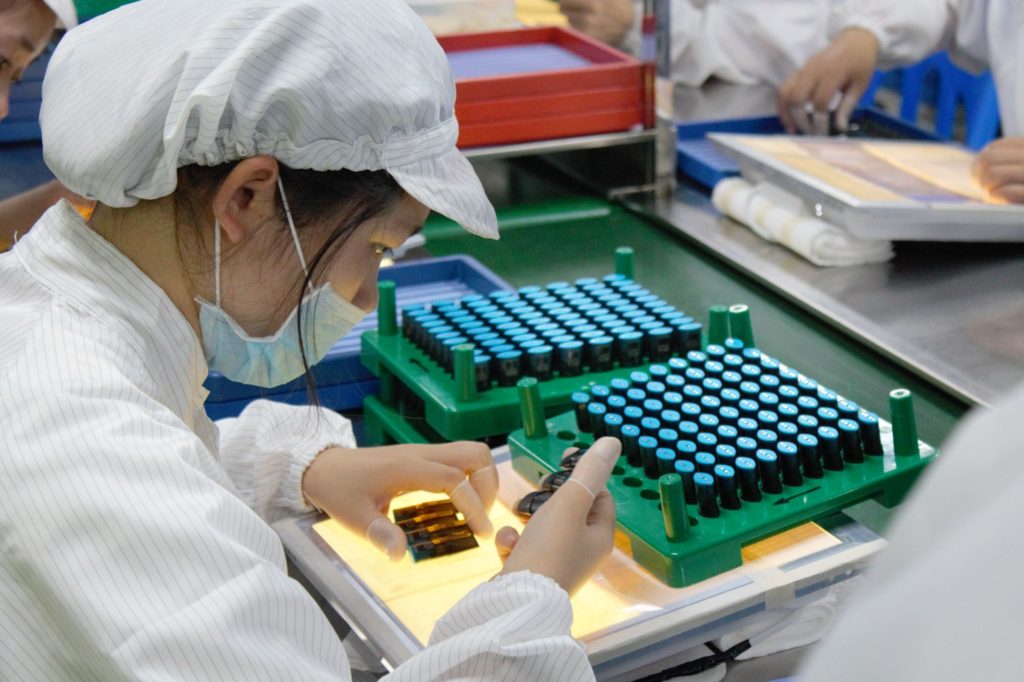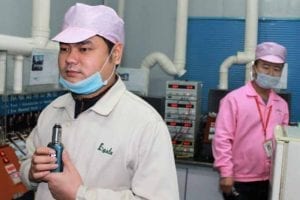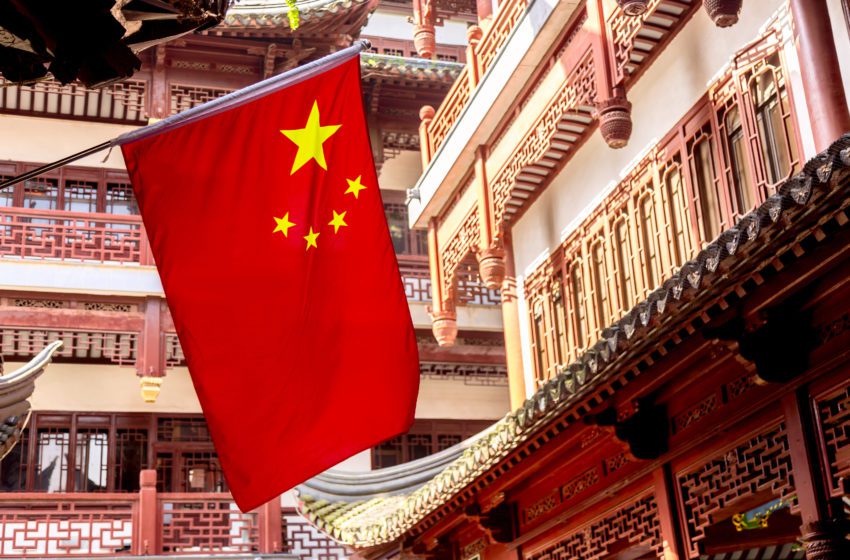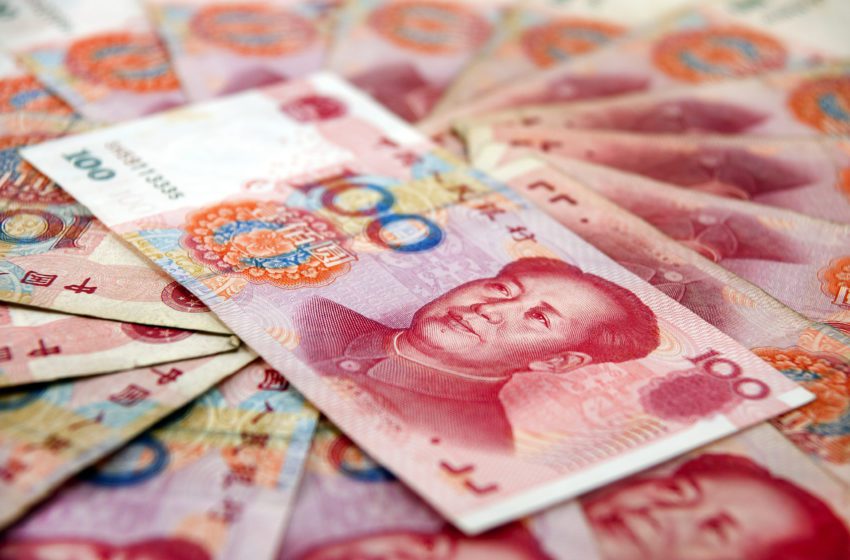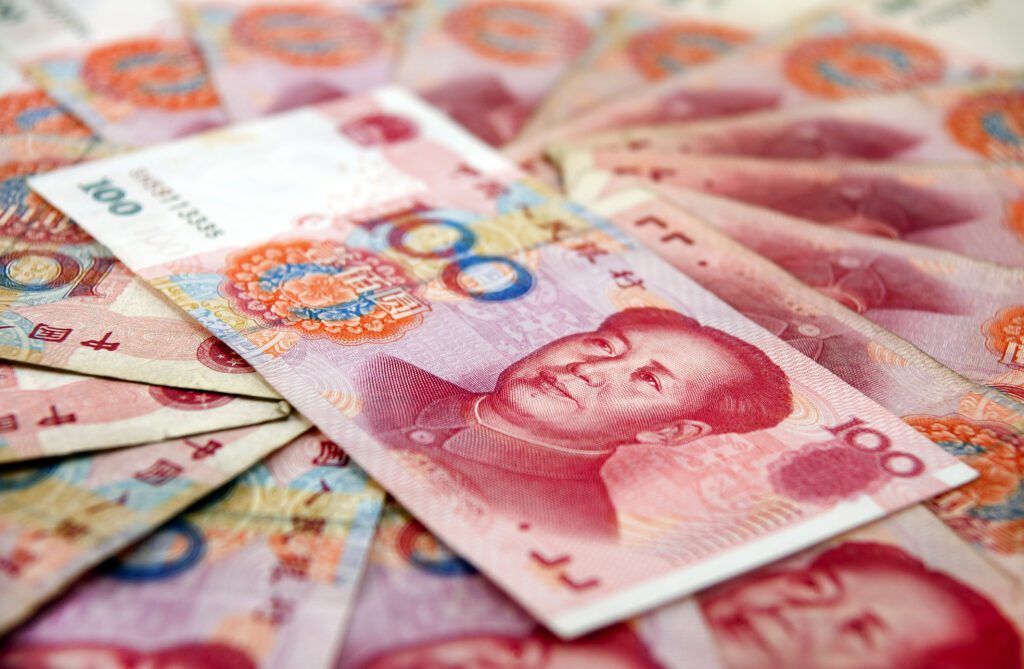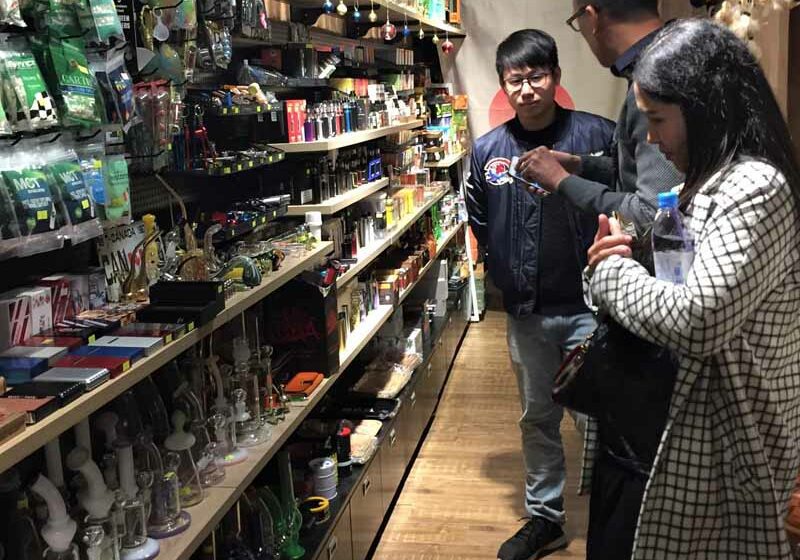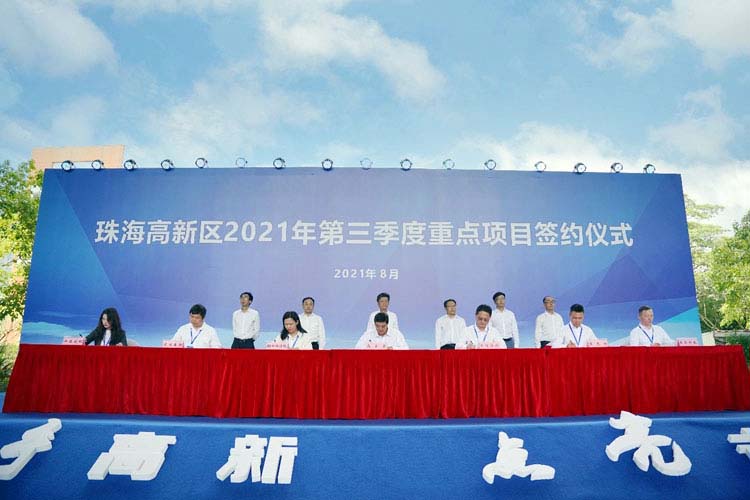Keller and Heckman will has announced the agenda for its sixth Annual E-Vapor and Tobacco Law Symposium.
The two-day virtual seminar will focus on legal and regulatory issues critical to the vapor, tobacco and CBD industries in the aftermath of the U.S. Food and Drug Administration’s decisions on millions of premarket tobacco product applications (PMTA).
Among other topics, the seminar will cover PMTA marketing denial order challenges, new requirements for PMTAs and substantial equivalence reports and the outlook for synthetic nicotine products. The program will also discuss China’s new vapor regulations.
In addition to Keller and Heckman’s regulatory attorneys and scientists, this year’s program features numerous expert guest speakers, including from Tobacco Vapor Cannabis Group, the American Vaping Association, McKinney Regulatory Science Advisors and the Tax Foundation.
The symposium will take place Feb 2-3 from 10:30 am to 6:30 pm Eastern Time.


